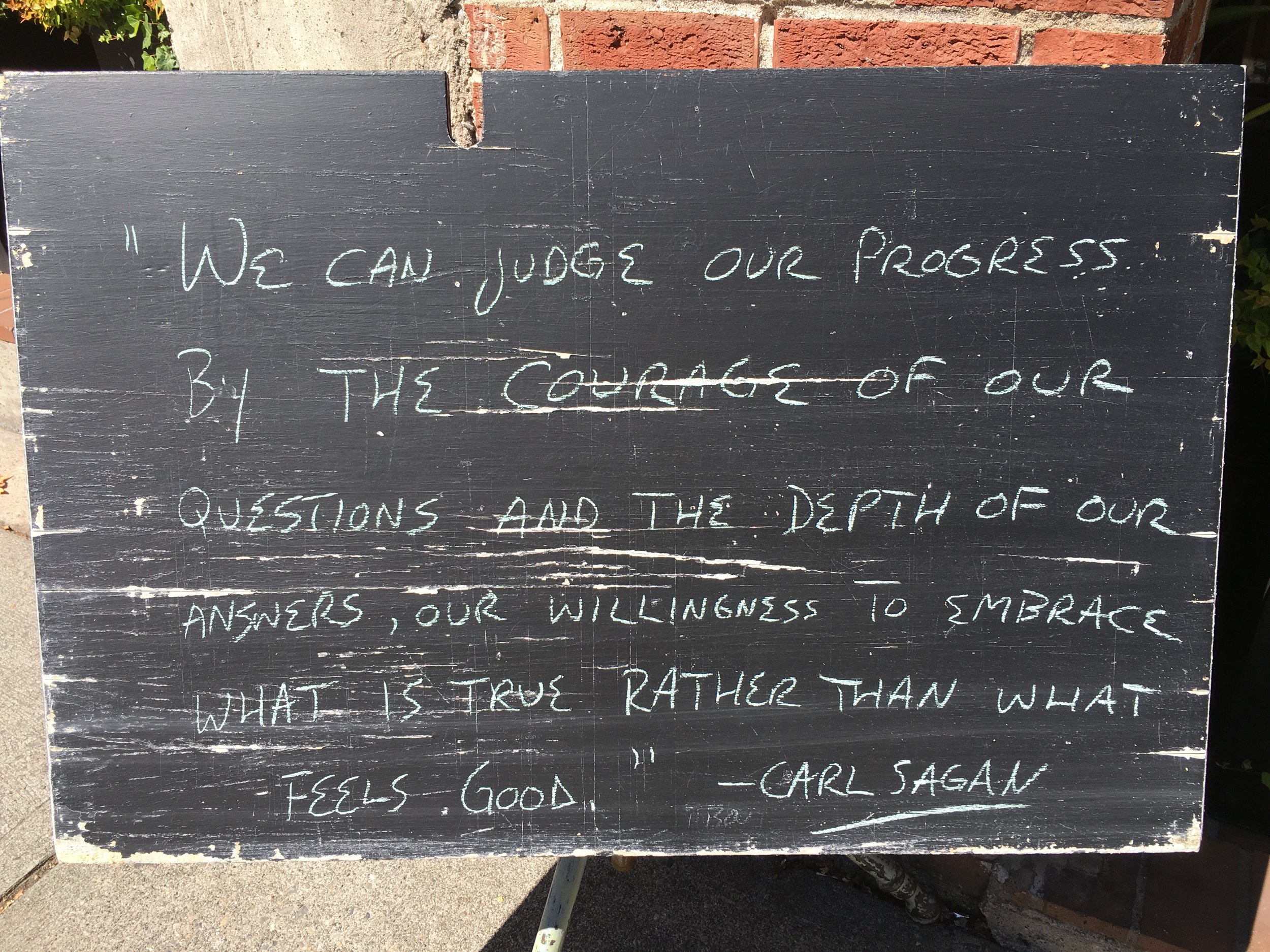The Washington State Supreme Court questioned the constitutionality of charter schools in 2015 based on a technicality around such schools’ oversight. The court’s initial opinion was lifted almost word for word from a document produced by the Washington Education Association (WEA — the state teacher’s union.)
The unconstitutionality loophole was closed last spring through a partnership with the Mary Walker School District near Spokane, which agreed to host the state’s existing charter schools and designate them as Alternative Learning Environments (ALEs).
This action was based on a resolution passed by the district’s board, part of which read, “the District believes that all students should have a choice in their educational program.”
Another key part of last spring’s decision is that funding for the charters in Washington comes from a specially designated lottery fund, which is separate from the pool of money used for public education.
But the saga does not end here! The Charter School Act was challenged again late last summer so the movement remains under fire.
What’s happening with the current lawsuit?
This time around, the plaintiffs have been led in name by El Centro de la Raza, a Seattle-area non-profit that receives grant funding from the WEA, but the case is almost entirely union-driven. Many unions involved have ties to education, but many don’t. Here’s the full list of plaintiffs (unions in bold):
- El Centro de la Raza
- Washington Education Association
- Washington Association of School Administrators
- International Union of Operating Engineers 609
- Aerospace Machinists Union DL 751
- Washington State Labor Council, AFL-CIO
- United Food and Commercial Workers Union
- Washington Federation of State Employees
- American Federation of Teachers, Washington
- Teamsters Joint Council No. 28
- League of Women Voters, Washington State
- Pat Braman, on her own behalf
- Donna Boyer, on her own behalf and on behalf of her minor children
- Sarah Lucas, on her own behalf and on behalf of her minor children
This list is significant because it shows that the WEA views charter schools as a threat to unions, not to education. They are not looking at this through an equity-based, student-first lens, but rather through a lens based on the best interests of teachers and their union as an institution. As a result, the WEA has pulled together a group of unions and of predictably supportive grantees to protect their own self-interest, disregarding the specific needs of the students they serve.
A hearing last November before a courtroom packed full of charter teachers, parents and students saw a slew of procedural decisions, almost all of which fell in favor of charters.
The primary question at hand was, do these unions have standing in this case? Can they even claim they are somehow impacted by the charter law?
The judge struck down most of the plaintiffs as not having taxpayer standing, but left an opening for them to come back with a named party leading the way with a rewritten complaint. They will basically return as individuals representing their unions and organizations.
One claim from suit is that the ALE designation was more workaround than satisfactory solution, and the plaintiffs wanted to make sure the ALE wasn’t an option again. Judge John H. Chun said essentially said he considered this too much supposition and too little substance — that he wouldn’t rule on something that wasn’t presently an issue.
Chun also threw out the plaintiffs’ red-herring claim that charters shouldn’t be funded before we have met the McCleary mandate to fully fund our broader public school system, calling it speculation at best. The state legislature will have to to do something about McCleary no matter what, and charters are unlikely to impact McCleary as the two are funded separately, pulling from separate pots of money.
All of this is building toward another hearing on Jan. 27, 2017, to debate whether charters are constitutional and whether the money funding them is still somehow affecting the common fund. They will argue the meat of the case and the judge will rule. And then we’ll keep on going.
So, the existing handful of charter schools continue to operate, offering much-needed school choice to hundreds of families in different communities. They will keep moving forward as well and keep running good schools. The proof, ultimately, will be in the pudding. Great schools will overcome great opposition in time.
In the meantime, even as the charter school association and its attorneys work to take the burden of this distraction off the schools and their students, the environment created by this union battle axe remains unsettling for all involved. It’s scary for families, nerve-wracking for teachers and administrators. It’s exhausting.
But we will keep on moving. Change isn’t always comfortable, but the status quo won’t do any longer. We need more and better school choices for our students, and we need better outcomes in our traditional schools. If the price for that is being exhausted, so it goes.









